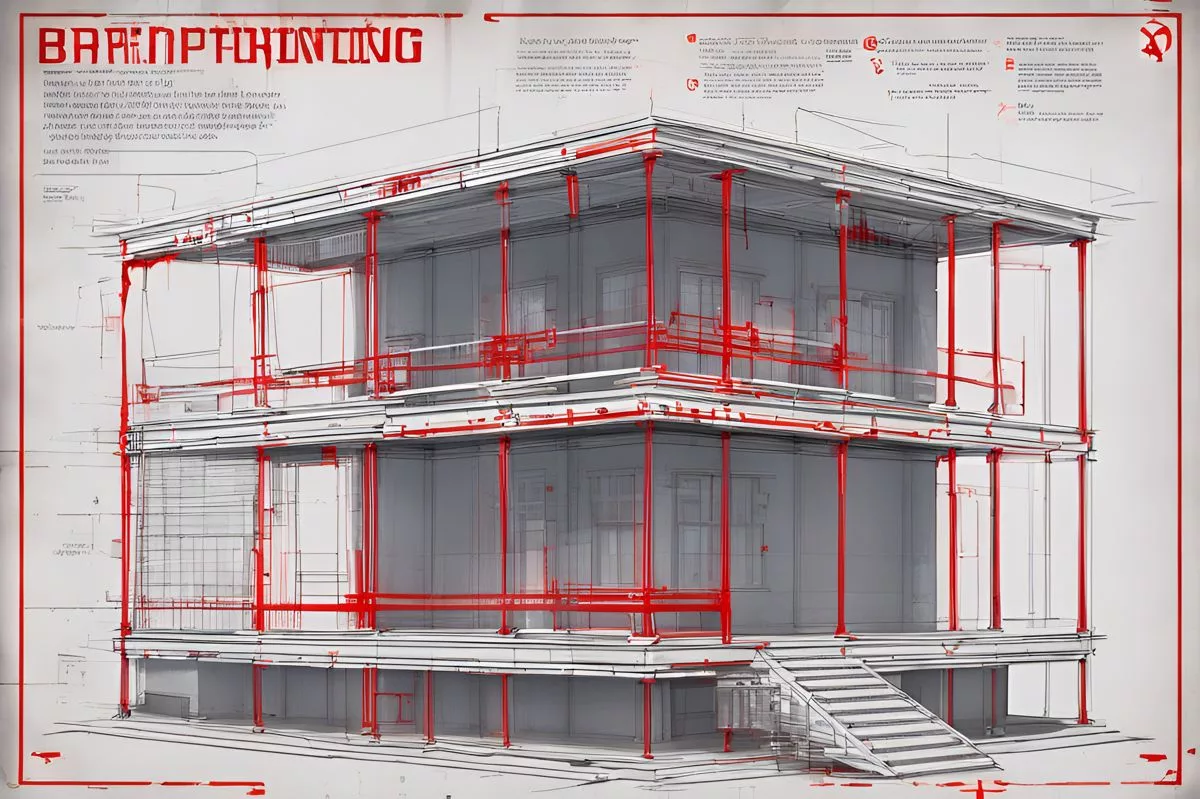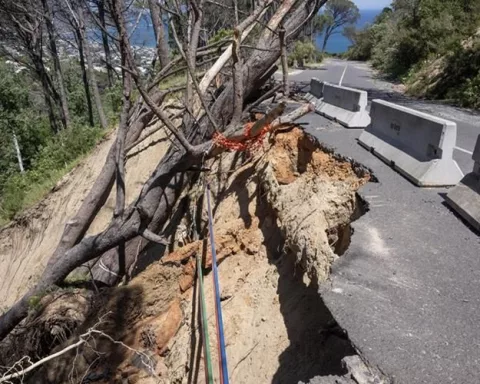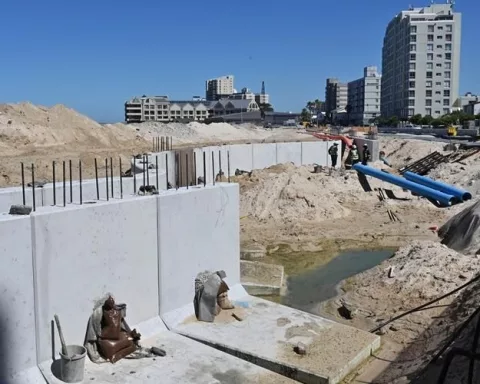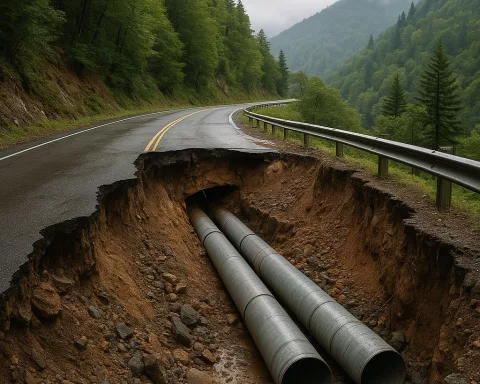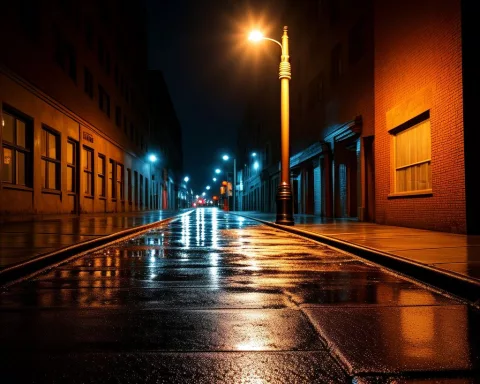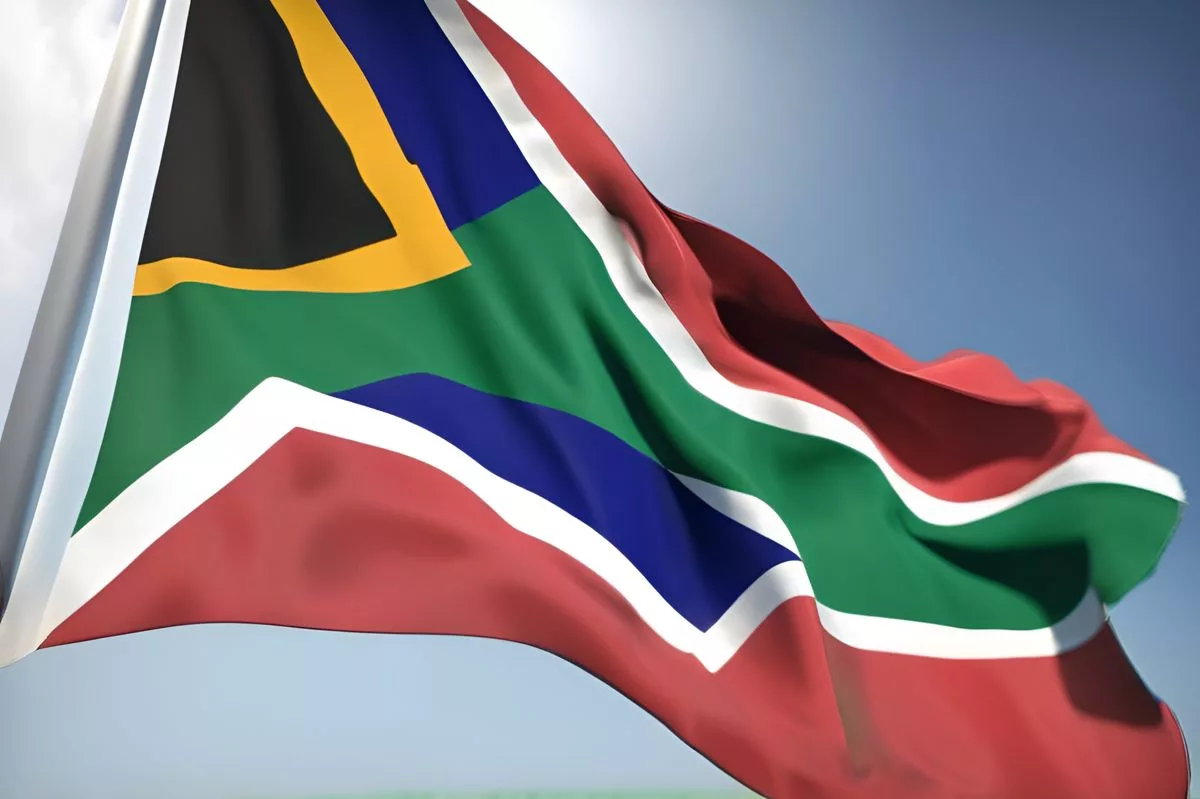The Engineering Council of South Africa (ECSA) has suspended an engineer who supervised the construction of the collapsed George building to prevent any danger to public health and safety. The suspension will remain in place until any accusations against the individual are resolved. ECSA has set strict requirements for the projects involved, including the provision of draft design and as-built drawings, an independent engineer’s report, and a registered individual with ten years of experience and no previous involvement in the project. ECSA’s swift action showcases their dedication to public safety and professional responsibility.
Why was an engineer suspended by ECSA?
The Engineering Council of South Africa (ECSA) imposed a precautionary suspension on an engineer who was supervising the construction of the ill-starred George building to avert any potential or actual peril to public health and safety. This suspension is expected to stay in effect until any accusations against the individual are settled, along with the conclusion of any subsequent disciplinary proceedings or appeals.
In a development that sent shockwaves through the engineering fraternity, the Engineering Council of South Africa (ECSA) imposed a precautionary suspension on an engineer who was supervising the construction of the ill-starred George building. The disastrous collapse of this Victoria Street structure on May 6 tragically caused 34 fatalities and numerous injuries. This catastrophic event swiftly triggered a response from the corresponding authorities.
The ECSA’s action is not a punitive sanction but an essential move to avert any potential or actual peril to public health and safety arising from engineering-related tasks. The council issued a statement explaining that the precautionary suspension is not a disciplinary measure but a temporary halt on all the rights, privileges, and activities related to the registered individual’s professional association with the ECSA.
This suspension is expected to stay in effect until any accusations against the individual are settled, along with the conclusion of any subsequent disciplinary proceedings or appeals. The situation underscores the gravity with which the ECSA is dealing, ensuring that all required measures are implemented to ensure public safety.
The Cloaked Identity of the Engineering Company and ECSA’s Stringent Requirements
Details regarding the engineering firm are being kept confidential for now. However, unconfirmed sources have named Mitchell and Associates. The engineer is given a tight timeframe of seven days to provide a comprehensive enumeration of all engineering-related undertakings, projects, and services performed in both personal and professional realms.
The disaster that not only shook Victoria Street but also the entire Western Cape highlighted the potential hazards of flawed engineering. The incident was marked as unprecedented, emphasizing the serious nature of the issue and the immediate necessity for corrective actions.
The ECSA has set strict requirements for the projects involved. The council necessitates the provision of draft design and as-built drawings of the projects at the very least. Furthermore, it mandates that within three weeks, the contractor or the responsible party must furnish an independent engineer’s report regarding the structural soundness of the building.
The Importance of the Independent Engineer’s Report
ECSA has established rigorous criteria for the composition of the report. The council requires the report to be compiled by a registered individual, specifically a structural engineer, who has ten years of experience and active practice in structural engineering. Significantly, the individual must not have been part of the project team. The report is expected to concentrate on the structural evaluation and structural integrity of the engineering-related tasks.
The conclusions from these reports will act as vital inputs for the Investigative Committee. Based on the insights from these reports, the committee will suggest any necessary actions that fall within the council’s duties and authority as outlined under the Act.
A Wake-Up Call for the Industry and ECSA’s Commitment
This situation serves as a stark reminder to the industry, highlighting the crucial need for strict monitoring procedures to prevent such incidents from happening in the future. ECSA’s prompt and definitive action emphasizes the council’s pledge to maintain the highest standards of public safety and professional responsibility in challenging times. As the case continues to develop, the industry and the public will be closely monitoring the outcomes and the subsequent effect on South Africa’s engineering standards and practices.
Why is the identity of the engineering firm being kept confidential?
Details regarding the engineering firm involved in the collapsed George building are being kept confidential for now. The reason for this is unclear, but it may be to protect the firm’s reputation or to prevent any potential prejudice in legal proceedings.
What are the requirements set by ECSA for projects involved?
The Engineering Council of South Africa (ECSA) has set strict requirements for projects involved in the aftermath of the collapsed George building. The council necessitates the provision of draft design and as-built drawings of the projects, as well as an independent engineer’s report within three weeks regarding the structural soundness of the building.
What are the criteria for the independent engineer’s report?
The ECSA has established rigorous criteria for the composition of the independent engineer’s report. The report must be compiled by a registered structural engineer with ten years of experience and active practice in structural engineering, who has not been part of the project team. The report is expected to focus on the structural evaluation and structural integrity of the engineering-related tasks.
What is the purpose of the independent engineer’s report?
The conclusions from the independent engineer’s report will act as vital inputs for the Investigative Committee to suggest necessary actions that fall within the council’s duties and authority as outlined under the Act.
What does ECSA’s swift action emphasize?
The ECSA’s swift action in suspending the engineer showcases their dedication to public safety and professional responsibility. It serves as a wake-up call to the industry, highlighting the crucial need for strict monitoring procedures to prevent such incidents from happening in the future.
What is the status of the engineer’s suspension?
The suspension will remain in place until any accusations against the individual are resolved, along with the conclusion of any subsequent disciplinary proceedings or appeals.

